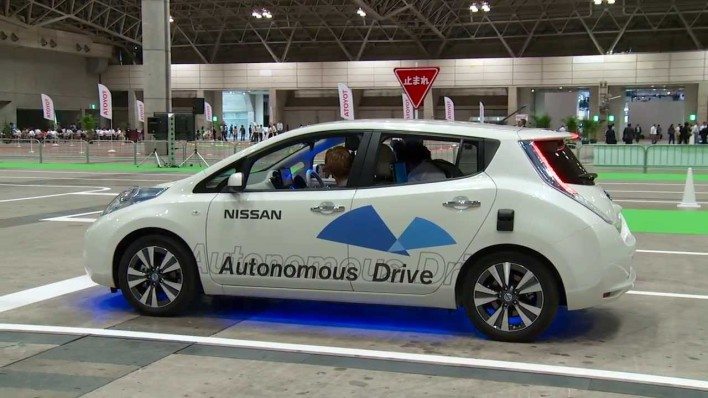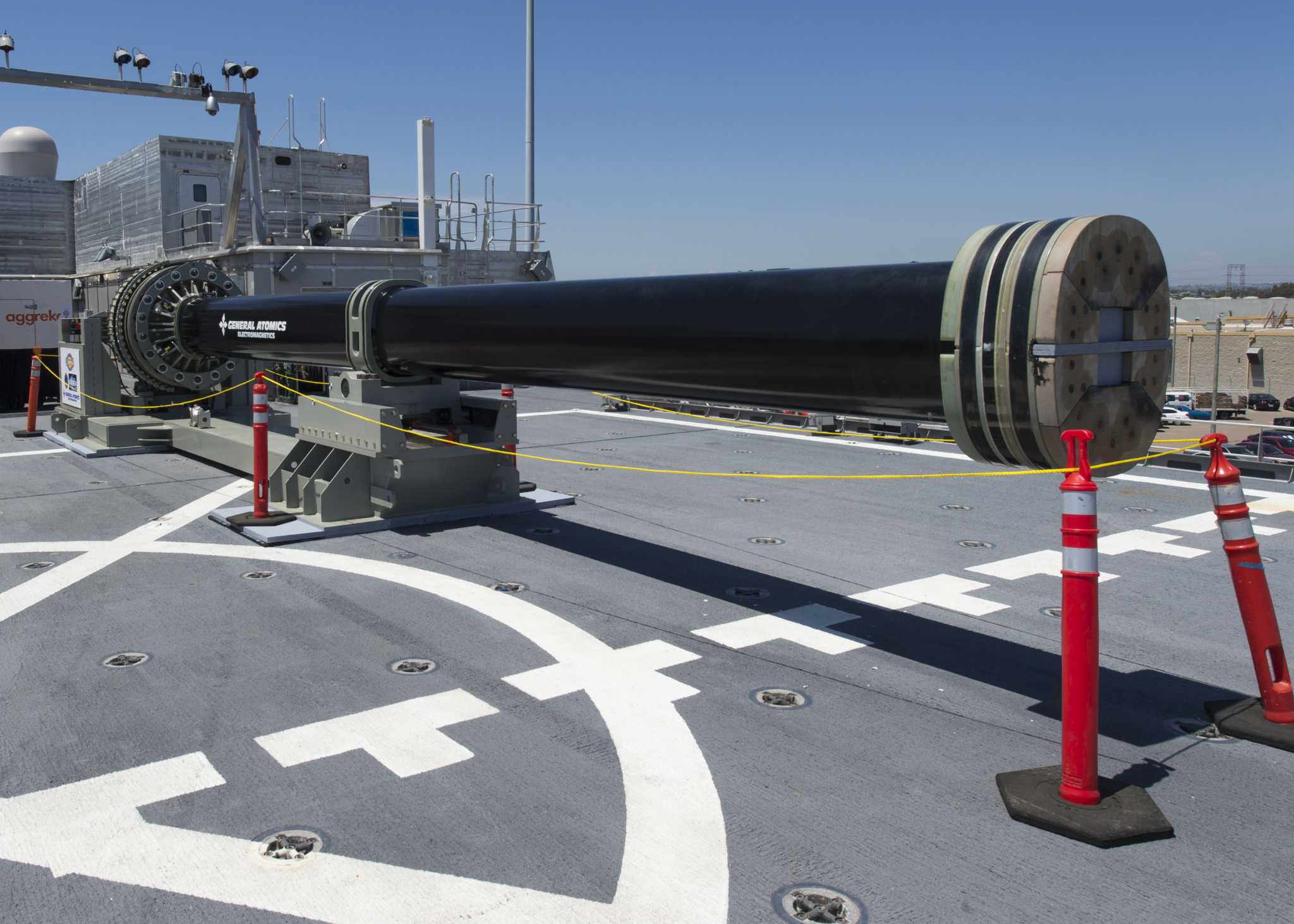NASA and Nissan have combined their efforts in order to create new series of autonomous vehicles, which will navigate both urban environments and drive across Mars.
“The automaker and the space agency announced a five-year partnership today that will see their engineers working together to develop the robo-cars of tomorrow. The R and D effort, much of which will occur in Silicon Valley, could yield technology that will be put to use in passenger vehicles here on Earth and rovers on distant planets,” Wired reported.
New autonomous zero-emission cars will be developed on the base of the Nissan Leaf design. Researches from NASA and Nissan will work together at NASA’s Ames Research Center in Silicon Valley.
“The partnership brings together the best and brightest of NASA and Nissan and validates our investments in Silicon Valley,” said Nissan Chief Executive Carlos Ghosn, as quoted by Fox News.
Wired points out that Nissan “has a lot to teach NASA” about autonomous vehicles; the car manufacturer has already tested automobiles that can autonomously navigate urban areas.
These “smart” cars can cope with complex urban environments and its “countless variables,” such as pedestrians, cyclists, constructions, trucks and etc., the magazine stresses.
“This is a perfect blend of the capability of what the robotics folks at NASA Ames have and the autonomy that we bring,” says Maarten Sierhuis, the director of Nissan’s Silicon Valley research center, as cited by Wired.
On the other hand, the challenges NASA’s rovers and Nissan’s autonomous vehicles face are similar. However, NASA needs a vehicle to travel across a distant planet with its rocks, sands and unpredictable hindrances.
“The more we look at it, the more there are a lot of similarities there. We have a rover on Mars. It is not very autonomous. As we go deeper into space, into more and more dangerous locations, we need to add that autonomy,” stressed Pete Worden, director of the Ames Research Center, as quoted by the magazine.
The new sophisticated autonomous technologies, developed by the partners, will ensure safety of passengers and cargo and can even replace a human driver. The idea of driverless vehicles gained popular traction among such automakers and Silicon Valley giants, such as Japanese Toyota Motor Corp., American manufacturers General Motors Co. and Ford Motor Co. and Google Inc., Fox News emphasizes.
However, some people express deep concerns regarding autonomous cars safety. Referring to the results of the latest poll, the Telegraph points out that almost 50 percent of Britons declined to be passengers in driverless cars, citing safety issues, while 16 percent said they felt “horrified” by “the notion of unmanned vehicles driving on British roads.”
At the same time the question remains as to who would be responsible in a collision with an autonomous car and who would be obligated to pay for the damage.











